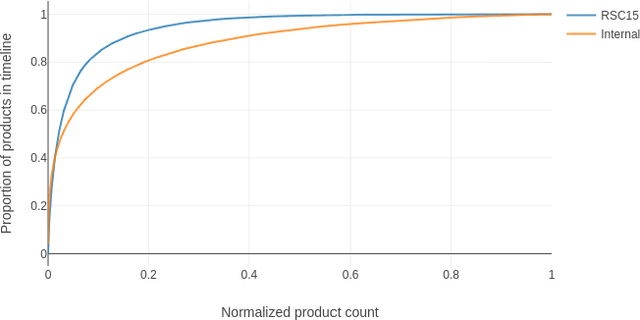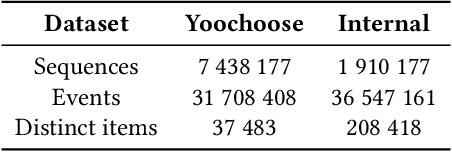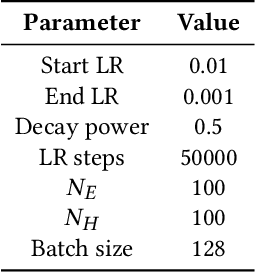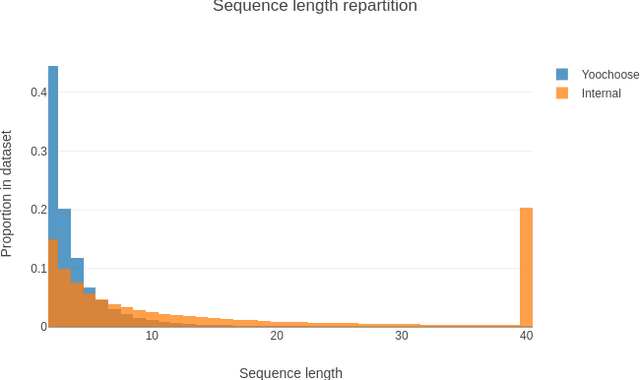Recurrent Neural Networks for Long and Short-Term Sequential Recommendation
Paper and Code
Jul 23, 2018



Recommender systems objectives can be broadly characterized as modeling user preferences over short-or long-term time horizon. A large body of previous research studied long-term recommendation through dimensionality reduction techniques applied to the historical user-item interactions. A recently introduced session-based recommendation setting highlighted the importance of modeling short-term user preferences. In this task, Recurrent Neural Networks (RNN) have shown to be successful at capturing the nuances of user's interactions within a short time window. In this paper, we evaluate RNN-based models on both short-term and long-term recommendation tasks. Our experimental results suggest that RNNs are capable of predicting immediate as well as distant user interactions. We also find the best performing configuration to be a stacked RNN with layer normalization and tied item embeddings.
 Add to Chrome
Add to Chrome Add to Firefox
Add to Firefox Add to Edge
Add to Edge